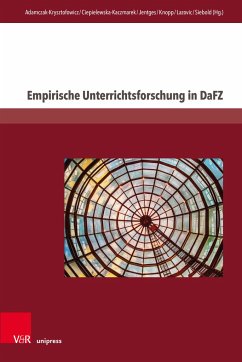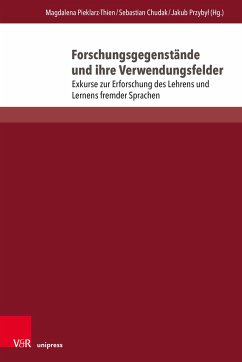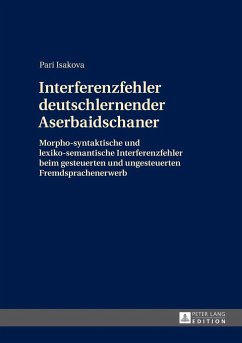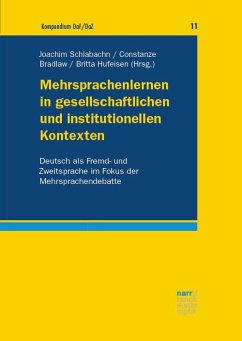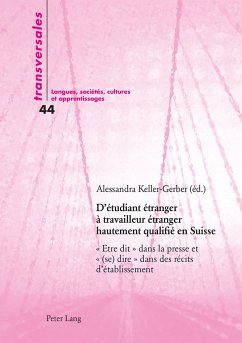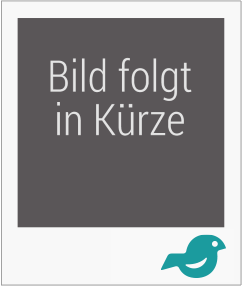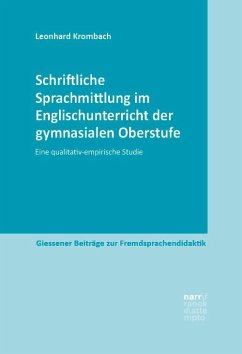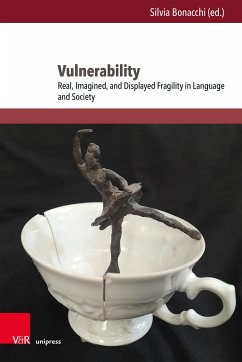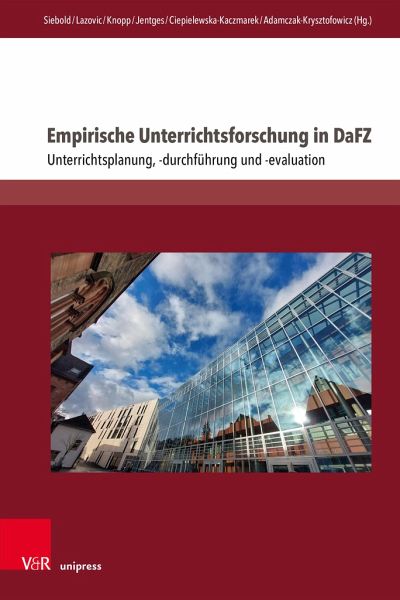
Empirische Unterrichtsforschung in DaFZ
Unterrichtsplanung, -durchführung und -evaluation
Herausgegeben: Siebold, Kathrin; Lazovic, Milica; Knopp, Eva; Jentges, Sabine; Ciepielewska-Kaczmarek, Luiza; Adamczak-Krysztofowicz, Sylwia;Mitarbeit: Böttinger, Anja; Tark, Dennis; Schick, Valeria; Zhang
Versandkostenfrei!
Sofort lieferbar
50,00 €
inkl. MwSt.

PAYBACK Punkte
0 °P sammeln!
Der zweite Teilband zu empirischer Unterrichtsforschung im Fach DaFZ fokussiert auf die Unterrichts- und Professionalisierungspraxis, insbesondere durch Wirksamkeitsstudien zu didaktisch-methodischen Ansätzen und damit zusammenhängenden Konzepten der Unterrichtsplanung, -durchführung und -evaluation. Im Mittelpunkt der Betrachtung stehen empirische Untersuchungen von Modellen zu sprachlicher Immersion, Binnendifferenzierung, Autonomieförderung, Projektarbeit und Kulturreflexivität und damit verbundene Kompetenzbeschreibungen, mit speziellem Blick auf die Förderung und Entwicklung von meh...
Der zweite Teilband zu empirischer Unterrichtsforschung im Fach DaFZ fokussiert auf die Unterrichts- und Professionalisierungspraxis, insbesondere durch Wirksamkeitsstudien zu didaktisch-methodischen Ansätzen und damit zusammenhängenden Konzepten der Unterrichtsplanung, -durchführung und -evaluation. Im Mittelpunkt der Betrachtung stehen empirische Untersuchungen von Modellen zu sprachlicher Immersion, Binnendifferenzierung, Autonomieförderung, Projektarbeit und Kulturreflexivität und damit verbundene Kompetenzbeschreibungen, mit speziellem Blick auf die Förderung und Entwicklung von mehrsprachigen, kommunikativen, soziokulturellen, interaktionalen sowie reflexiven Kompetenzen unterschiedlicher Unterrichtsakteure. Dabei werden explorative, deskriptive und explanative Verfahren der Datenerhebung und -analyse angewandt und kritisch diskutiert.
The second part on empirical classroom research in German as a second and foreign language focusses on practice in the classroom and in teacher professionalization. It presents studies of effectiveness regarding the planning, implementation and evaluation of didactic approaches. At the center of attention are empirical studies on immersion, differentiation, learner-autonomy, project-based learning and cultural reflexivity. The individual studies consequently emphasize the fostering of multilingual, communicative, socio-cultural, interactional and reflexive competencies of the different participants involved in the language learning process. A variety of explorative, descriptive and explanative approaches to data collection and data analysis is employed and critically discussed.
The second part on empirical classroom research in German as a second and foreign language focusses on practice in the classroom and in teacher professionalization. It presents studies of effectiveness regarding the planning, implementation and evaluation of didactic approaches. At the center of attention are empirical studies on immersion, differentiation, learner-autonomy, project-based learning and cultural reflexivity. The individual studies consequently emphasize the fostering of multilingual, communicative, socio-cultural, interactional and reflexive competencies of the different participants involved in the language learning process. A variety of explorative, descriptive and explanative approaches to data collection and data analysis is employed and critically discussed.



